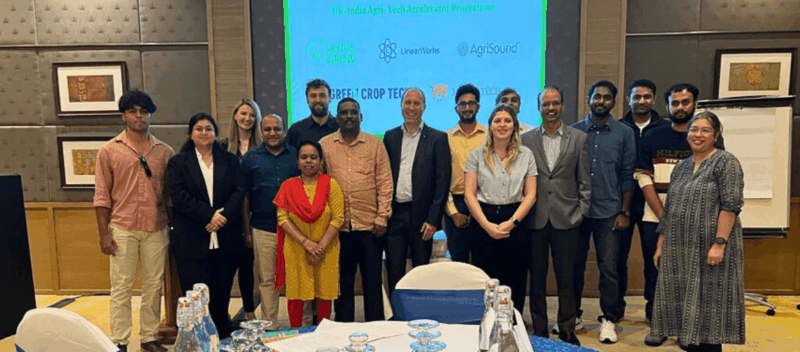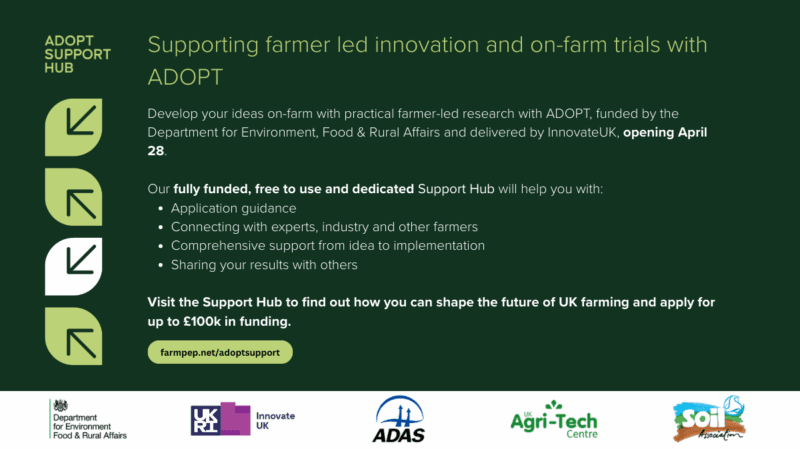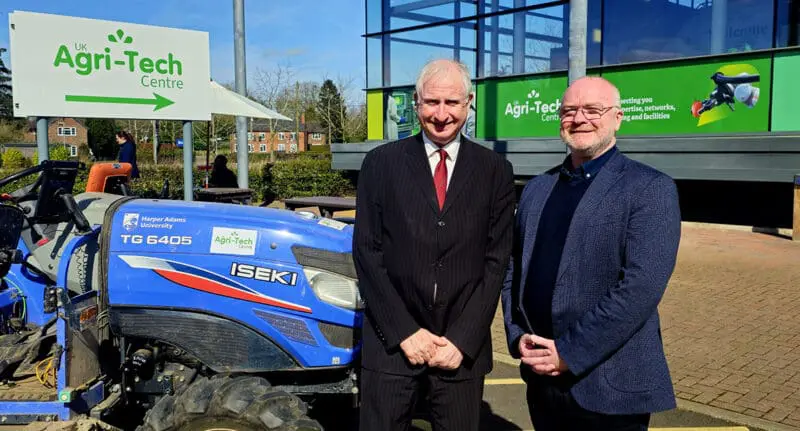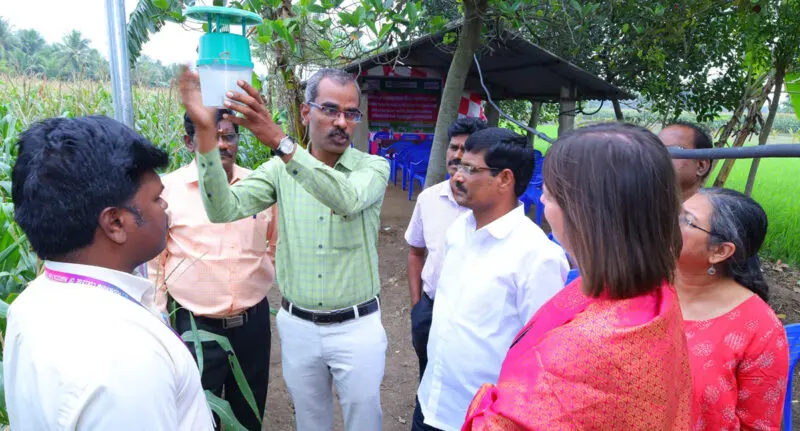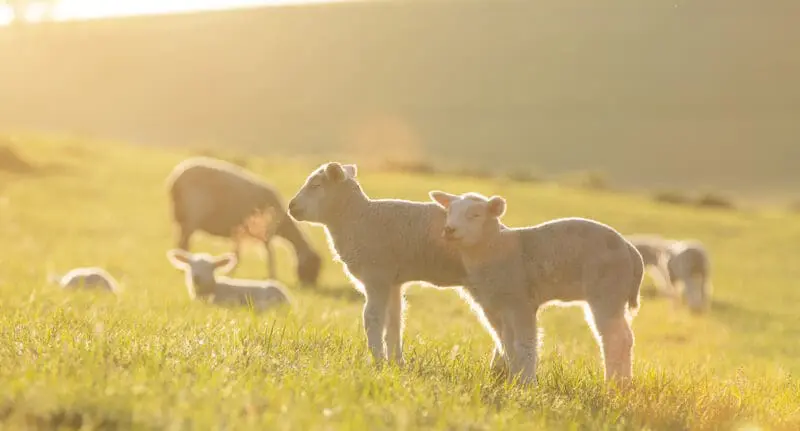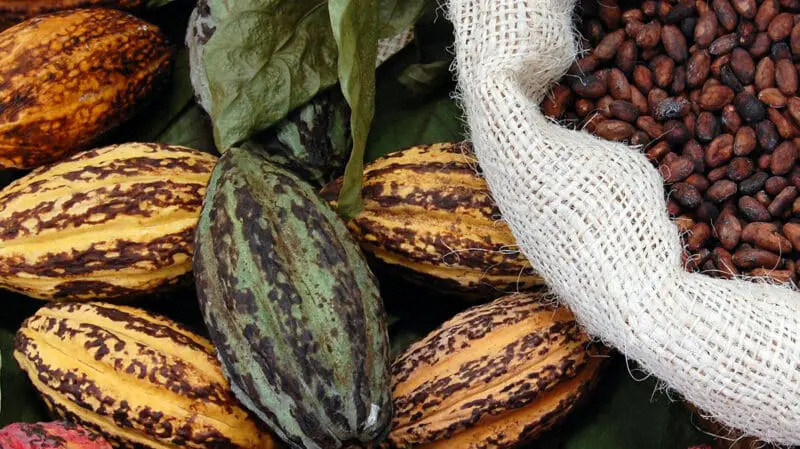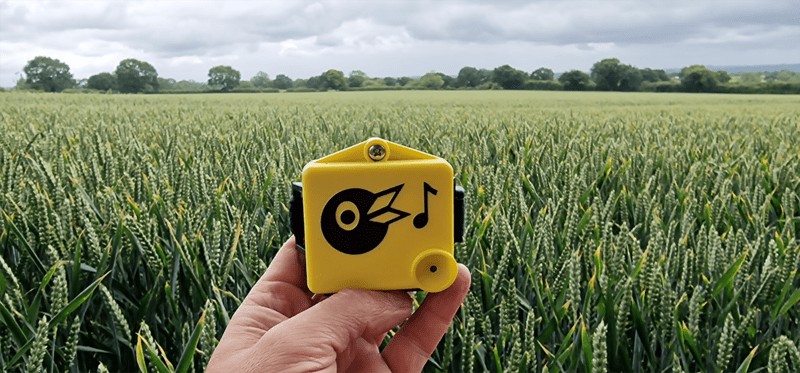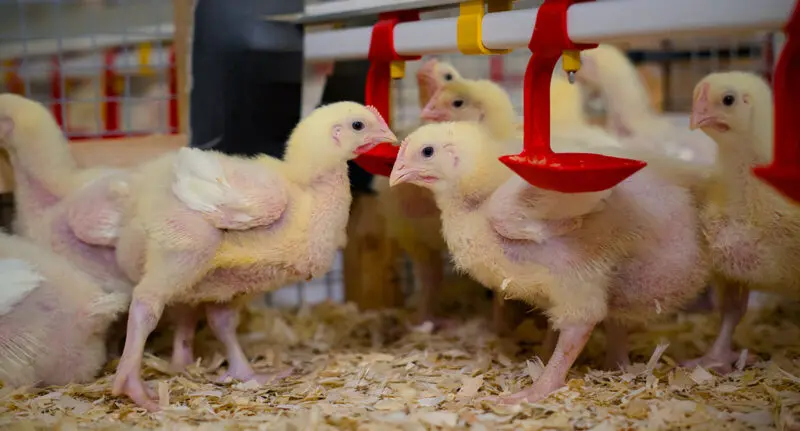
Experts explore new marine protein to enhance poultry feed
A group of industry professionals is exploring a fishmeal alternative derived from marine protein sources to evaluate potential benefits for gut health and growth performance in meat chickens. The Innovate UK initiative, ‘Farmed Marine Proteins for Poultry Feed’, assessed the viability of using Artemeal – a protein product made from artemia – as a novel replacement for fishmeal in the diets of young broilers. The aim was to monitor health outcomes, optimise growth and reduce environmental impact. Aquanzo Ltd, the project’s lead partner, has collaborated with Scotland’s Rural College (SRUC) and the UK Agri-Tech Centre to introduce a sustainable alternative to traditional fishmeal, offering a long-term solution to the current marine protein ingredient crisis. Traditionally, marine ingredients, in the form of fishmeal, are considered among the most nutrient-rich feed options for young terrestrial animals (like chicks and weanling piglets) and aquaculture species. However, the environmental toll of harvesting wild marine resources is significant, involving substantial greenhouse gas emissions from long distance transport and a delicate reliance on ecosystems already under pressure from climate change. Additionally, as demand for poultry and animal feed has soared in recent decades, marine ingredient harvests have remained relatively stagnant over the past 40 years. This imbalance has driven up costs and pushed fishmeal out of many poultry diets due to economic constraints. Rather than merely identifying substitutes, Aquanzo has taken a different approach by developing technology to cultivate artemia – a marine zooplankton – at scale on land. This sustainable production system transforms artemia into a marine protein ingredient fit for animal feed. What are the benefits? Farming artemia offers a long-term solution to the over-exploitation and use of wild marine protein ingredients. It enables the production of feed that maintains the nutritional advantages of fishmeal without the environmental downsides of ocean harvesting. The process also supports the UK’s circular economy by utilising agricultural byproducts as a feedstock to grow artemia. For feed manufacturers, this means access to a consistent, customisable and high-quality ingredient with lower emissions compared to harvested marine proteins. This level of quality control and sustainability is not achievable through traditional marine sourcing. Aquanzo has conducted a full life cycle assessment (LCA) of Artemeal to support ongoing improvements in sustainable production. Dissemination and knowledge exchange are strong components of this project through engagement with an expert advisory panel and wider stakeholders, to ensure the project aligns with the industry’s technical, environmental and commercial needs. The successful demonstration of Artemeal in starter broiler feed (replacing fishmeal) opened the way to shaping a new sector in the animal feed industry. Alongside other novel protein sources like insect meal and single-cell proteins, farmed marine proteins will support the development of a strong and resilient livestock feed industry across the UK and beyond. What are the impacts? The project will deliver: Farming marine protein has the potential to revolutionise the animal feed sector by combining the nutritional value, taste and energy of marine ingredients, with the scalability and controllable and sustainable precision platforms of farming. Aquanzo estimates that future industrial-scale Artemeal production could yield thousands of tonnes annually. Within five years, this would be enough to supply over 10% of all UK poultry starter diets (for chicks), feeding more than 100m birds. Aquanzo’s broader mission is to deliver Zero Ocean Impact protein alternatives to feed manufacturers, farmers and consumers. This could provide significant productivity and health benefits for farmed animals and improve protein production sustainability by optimising genetics, feedstocks and artemia production systems. Remi Gratacap, CEO of Aquanzo, said: “This project came together thanks to an amazing team who made it all run smoothly. We showed that fishmeal can successfully be upgraded with locally farmed marine ingredients in chick diets, proving a sustainable long-term solution to harvesting wild resources.” Lee Cocker, Project Manager at the UK Agri-Tech Centre, added: “This has been an important and fascinating project and I am extremely proud to have been part of a team that has made such positive advances. The future is bright for Artemeal.” Jos Houdijk and Marwa Hussein, researchers at SRUC, commented: “It was great to observe that birds fed Artemeal during the first days of life outperformed those fed fishmeal and that this carried through to being heavier at harvest. These benefits concurred with beneficial impacts on gut microbiome and immune organs, suggesting a great future of Artemeal for robust, resilient poultry production.” If you want to learn more about the Farmed Marine Proteins for Poultry Feed initiative, get in touch via info@ukagritechcentre.com
